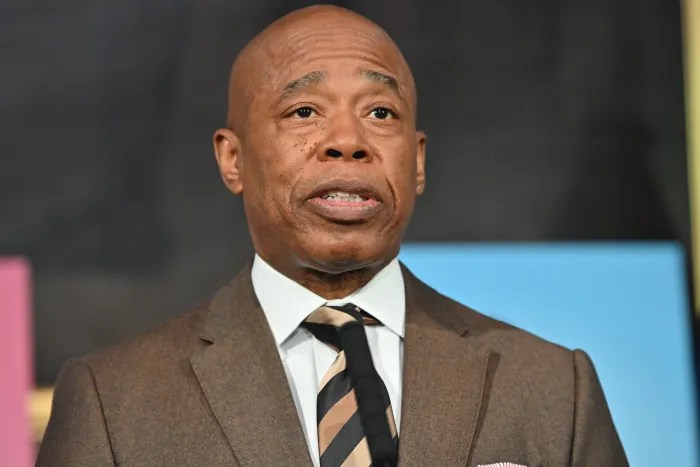By Corey Bearak
The day after last November’s election during a tour of the new High School of Teaching on the Glen Oaks campus, I noticed Snapple vending machines with new juice products. Schools previously worked directly with vendors and the money supported school activities.
Snapple dealt directly with the Department of Education and subsequently the city in deals that remain spurious and appear illegal. The processes that were followed in the Snapple deal demonstrate the need for reform in granting contracts.
At a Dec. 4 hearing of the City Council Finance Committee chaired by Hollis’ David Weprin and the Contracts Committee chaired by Manhattan’s Robert Jackson, the Department of Education’s Martin Ostreicher incredibly testified that Snapple’s deal with the city’s public schools was not a “procurement” or purchase, but a revenue measure that did not trigger the same reviews.
Brooklyn City Councilwoman Yvette Clark questioned why city concessions rules should not apply to Snapple’s school deal; concessions are contracts that allow private uses of public spaces. Examples include tennis courts at Alley and Cunningham parks and golf courses at Clearview and Kissena parks and the Bayside and Flushing marinas.
Though state law empowered the mayor to appoint the schools chancellor and hire and fire — at will — the majority of the Panel for Education Policy, which replaced the old Board of Education, the DOE (still legally the Board of Education) remains a separate, non-city agency that is subject to state rules; city rules did not apply to the schools deal.
Vendors who lost out on the city contract testified the city failed to advise them of the schools deal’s tie-in to the city deal, denying anyone not bidding on the schools any opportunity to place their vending machines in city buildings. Apparently, only Snapple knew the school and city vending machine link.
Some bidders proposed to sell only one product, juice or water, or did not propose vending machines in the teacher lounges. Deputy Mayor Dan Doctoroff testified on the city’s desire to brand itself, even if it meant less overall revenue; this means Snapple secured the city deal once it won the schools contract.
City Comptroller Bill Thompson testified that the Snapple arrangement, $40 million with the Department of Education and $126 million with NYC Marketing, “appears to have been brokered in a manner that violated both the letter and spirit of the DOE’s and the city’s rules for entering into business agreements.”
He wrote the mayor, “The process by which Snapple was awarded the agreement was unacceptably compromised and corrupted by the involvement of (City) Marketing Corp. officials in a related award to Snapple by the Department of Education.” Officials involved in the deals had worked for Snapple’s parent company.
The comptroller lacks the power to reverse the schools deal. In his audit he says the Department of Education “conducted a flawed and inconsistent selection process.” The mayor ignored this request to not present the city-Snapple deal to the Franchise and Concession Review Committee, or FCRC, until the comptroller audited the school deal.
The FCRC, with a majority of mayoral appointees, did not block the Snapple deal despite questions voiced by the comptroller.
As I wrote in a July 30, 1999 memo during the Charter revision process, “City Charter revision in 1989 did not intend for the comptroller to maintain a policy function in its contract review role; it only intended a fiscal review (does the city have the money to pay for it?) and the proposed contractor’s involvement in corruption [City Charter 328(3)].”
The prior mayor successfully sued Thompson’s predecessor to register a (workfare) contract as required within 30 days of its approval.
The City Charter allows the comptroller to block a contract based on an allegation of corruption or fraud for a 30-day period. The court denied an injunction sought by Thompson to prevent the deal and Snapple began delivering its vending machines to city buildings.
Despite Thompson alleging “an unacceptably compromised and corrupted” process, the City Charter provides no means to permanently block the Snapple deal, unless City Hall messed up in certifying the process.
The opening lies in City Hall only submitting parts of the deal to the Franchise and Concession Review Committee; this forms the basis for the comptroller’s refusal to register the contract. The mayor ignored this and a court must resolve whether this very questionable deal remains in place. The Council needs to look at its powers to adopt the contract budget as a basis to reign in deals. If this proves inadequate, we need to look at Charter reform.
Corey Bearak is an attorney and adviser on government, community and public affairs. He is also active in Queens civic and political circles.

































